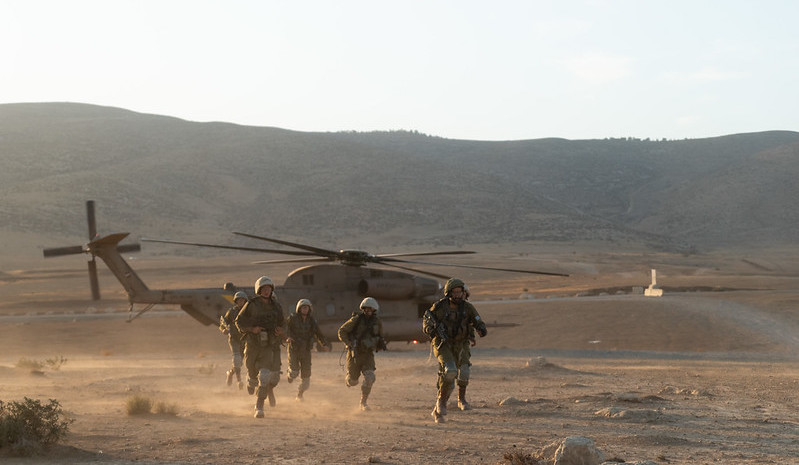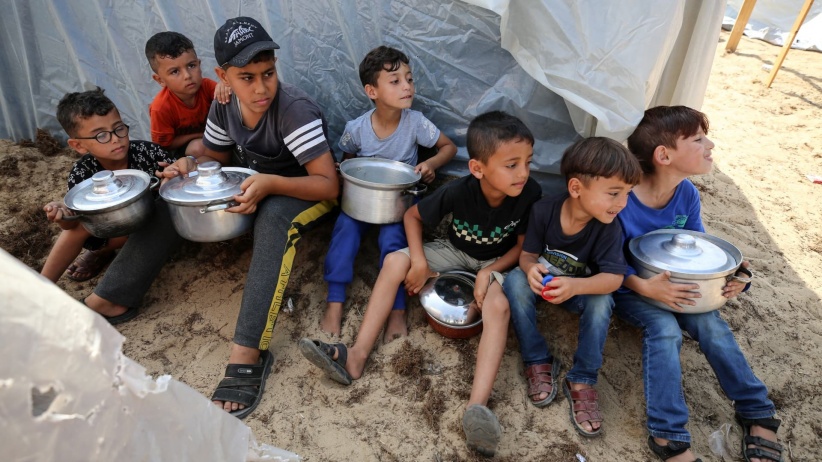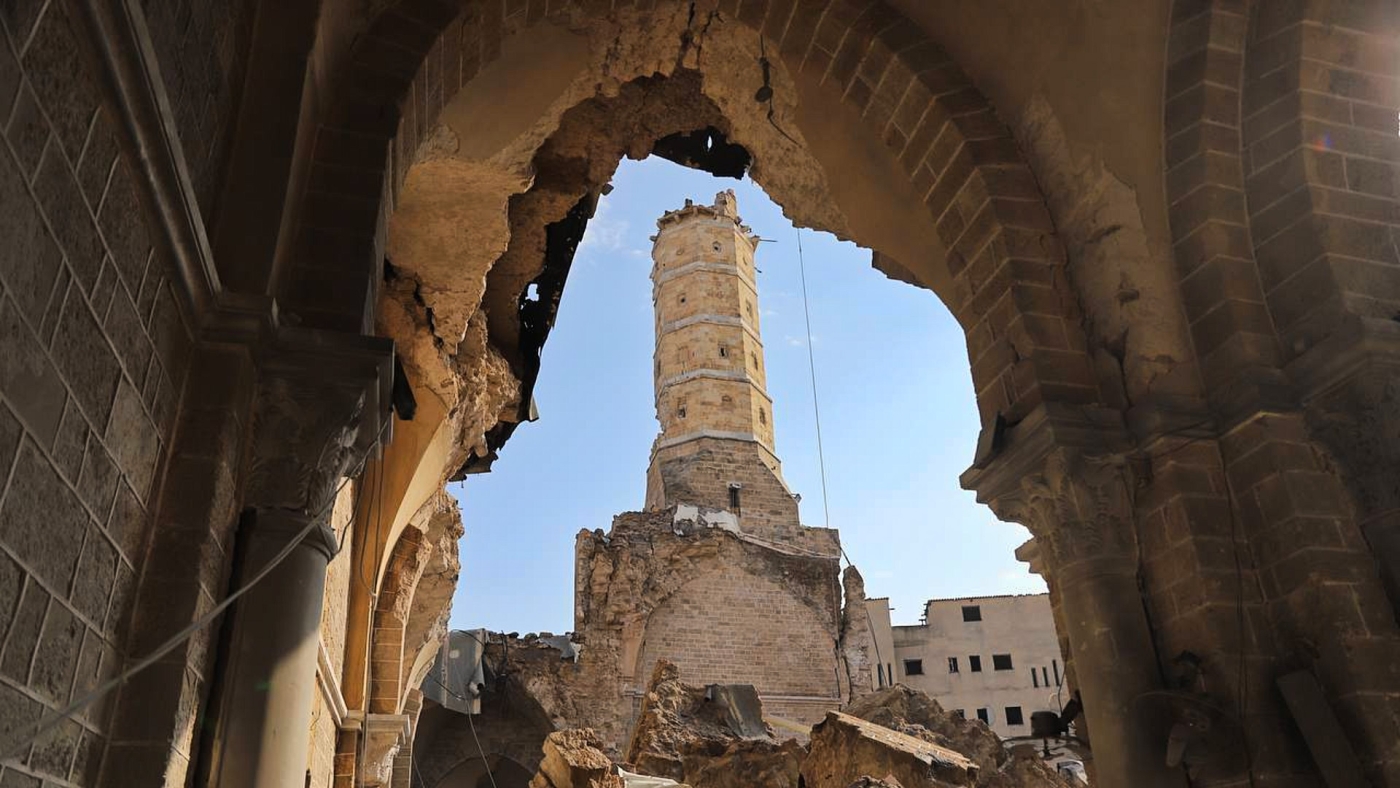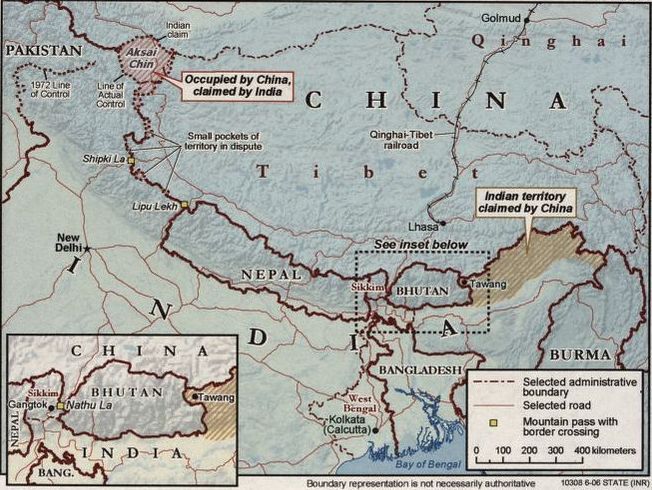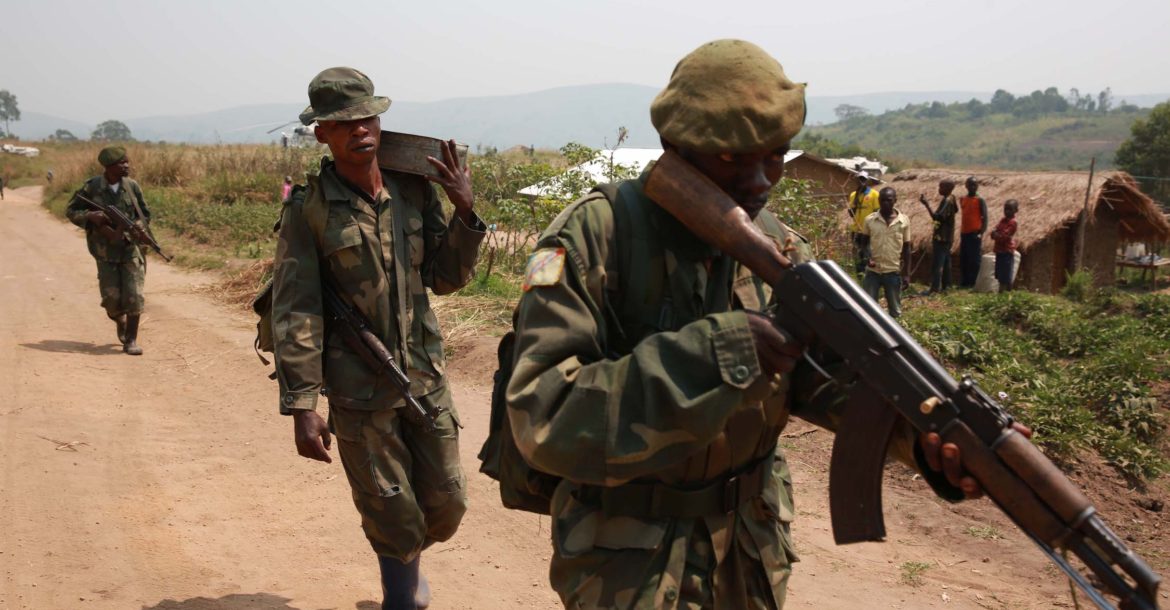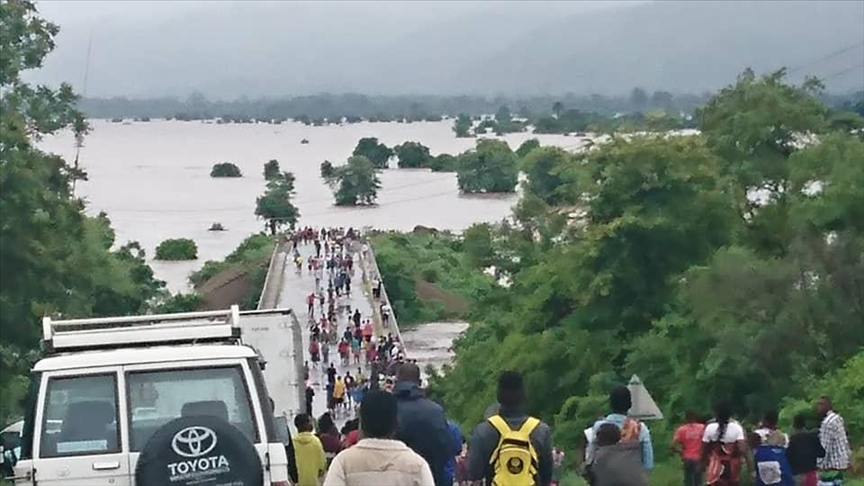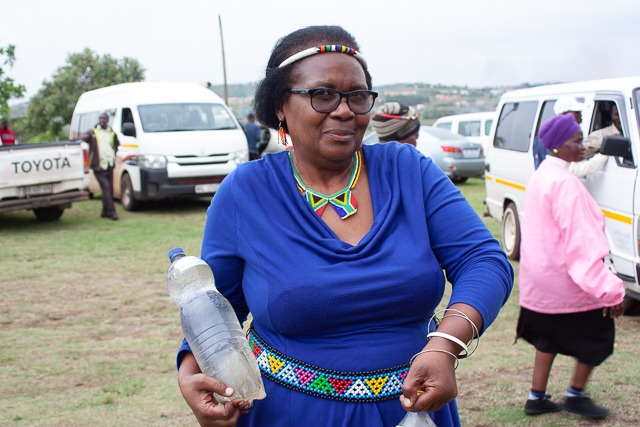
Urgent additional ICJ measures requested for Gaza
South Africa filed an urgent request with the International Court of Justice (ICJ) for additional provisional measures or adjustments to the court’s January and February rulings in the country’s case against Israel, charging that Israel is carrying out genocide in the Gaza Strip. South Africa said the request is necessitated by changes to the situation in Gaza that have arisen since it originally filed the case with the ICJ, such as imminent risk of famine, particularly in northern Gaza. South Africa said the request is meant “to ensure the safety and security of 2.3 million Palestinians in Gaza” and prevent Israel from “continuing egregious breaches” of the provisional measures the ICJ handed down in January. (Photo: ICJ)



